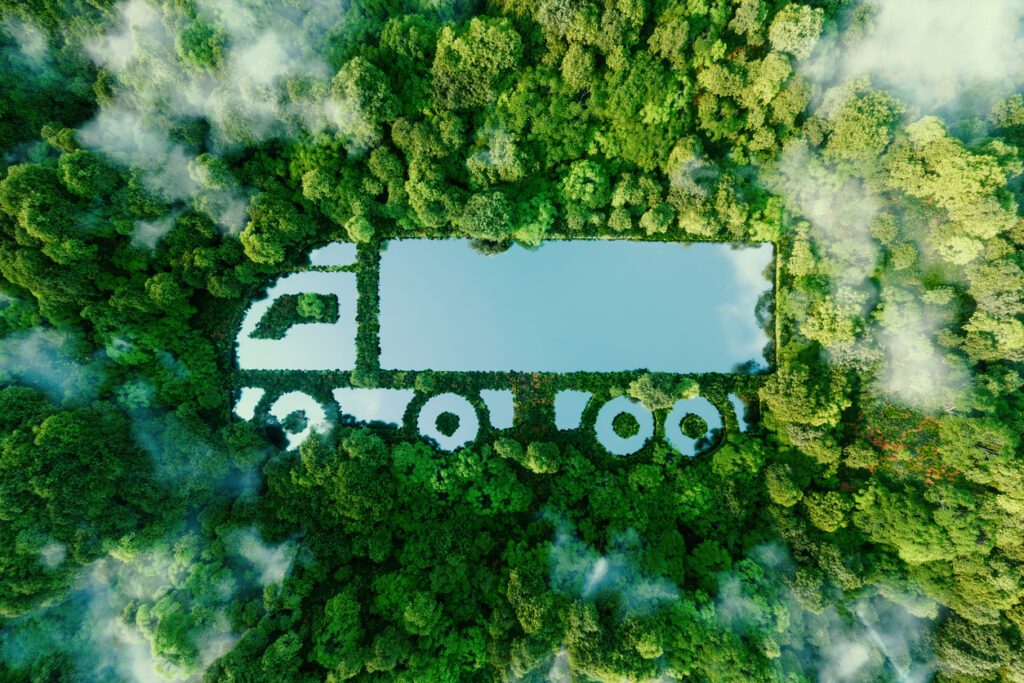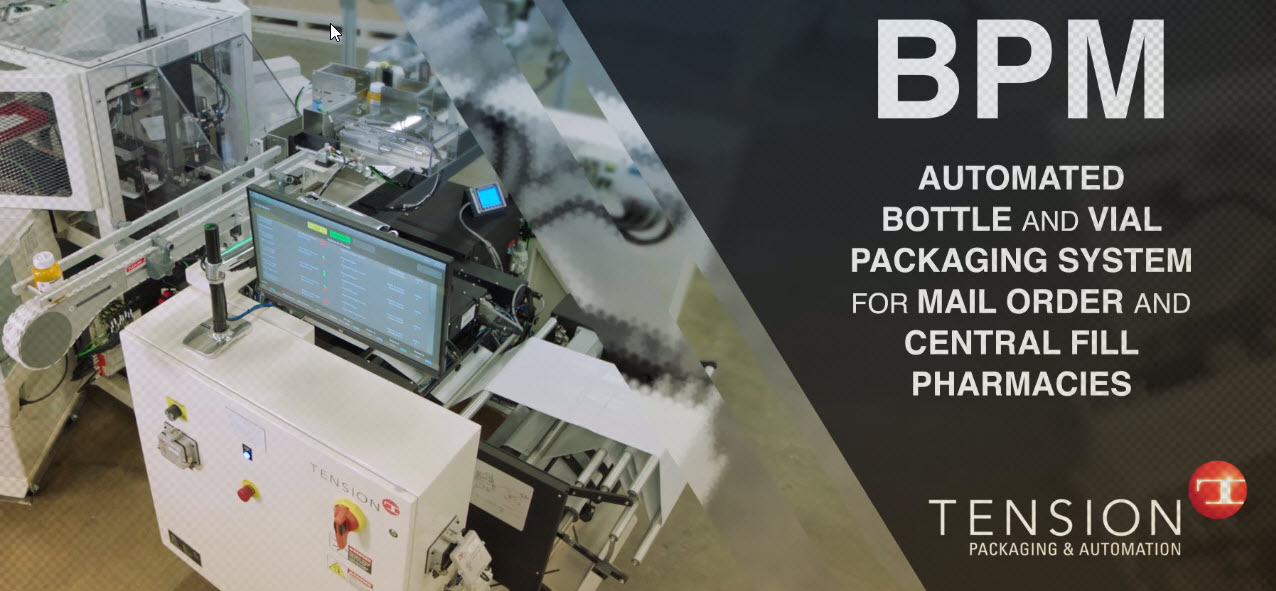Strategies to Reduce Carbon Emission for Last-Mile Delivery
A recent study reported that 50% of consumers are driving the focus on sustainability in brands, describing that “companies should prepare for sustainability to become the expectation and not the exception in the future.”
It seems brands – and especially those in the eCommerce space – are in a precarious position to achieve sustainability amidst the explosive growth of online sales trends:
Increase in Global Parcel Shipping Volume and Online Sales by 2026
- Global parcel shipping volumes are forecasted to grow to 316 billion by 2026, up from 131 billion in 2020.
- U.S. online retail sales are forecasted to top $1 trillion in 2022, a milestone previously projected for 2026.
Emission Reduction Strategies with Technology
More packages mean more delivery miles driven, yielding more emissions that threaten our environment and overall sustainability.
As professionals in the logistics and supply chain industries, we are collectively responsible for sustainable practices as our businesses experience rapid growth – not only to meet customer demands, but for the greater good of the health of our planet. One way to achieve that is through reduced vehicle emissions.
Reducing Emissions through Electric Vehicles
In March 2022, the USPS® placed an order for 50,000 next generation vehicles, which includes more than 25,000 electric vehicles.
Electric vehicles have a smaller carbon footprint than gasoline cars and produce no tailpipe emissions (although they are still ultimately responsible for the emissions produced from the electricity generated to charge and run them). Electric vehicles could reduce overall emissions over time, especially as more delivery companies adopt this technology.
The PUDO Model for Emission Reduction
Another approach to sustainability in package delivery lies in the PUDO (Pick Up Drop Off) model. The PUDO model features a collection point that allows open access to any carrier (e.g., UPS, FedEx) for package pick up. Widely popular in densely populated European cities, the collection points allow for:
- Greater package consolidation
- Better, more accurate deliveries for consumers as they choose the correct package for pickup
- Convenience for consumers to retrieve packages on their terms
- Less fuel usage per delivery
- Lower emissions as fewer miles are being driven to homes for residential package delivery
How the PUDO Model Works to Create Sustainable Package Delivery
When compared to traditional residential package deliveries, how does the PUDO Model translate to sustainability and efficiency?
An average delivery driver will deliver 80 packages per day while PUDO can deliver 1000 packages per day1. Overall, PUDO allows for more packages to be delivered with fewer pickup points and ultimately reduced vehicle emissions.
Fleet Delivery Systems for Emission Reduction
Fleet delivery systems, or independent services that deliver for multiple, larger carriers (e.g., Amazon), offer another means to reduce vehicle emissions.
When outsourced to fleet delivery, last mile delivery networks can enjoy greater delivery volumes in a way that uses fewer resources and reduces vehicle emissions2 vs. delivery by a single carrier.
Single Carrier Routes vs Fleet Carrier Routes
Fleet delivery routes are effective for minimizing cost and reducing environmental impact.
| Single Carrier Routes | Fleet Delivery Routes |
Packages per Day | 20 | 200 |
Number of Vehicles | 500 | 50 |
Number of Drivers | 550 | 60 |
Number of Tires | 2000 | 200 |
Did You Know? It takes seven gallons of oil to make one tire!
Contact Tension Packaging & Automation
Tension remains committed to sustainability. Our customers and meeting their needs for sustainability in their business, whether it’s consolidating orders into smaller packages, switching to bags from cartons for space or other solutions. Contact us to discuss how we can help your organization reach your sustainable packaging and automation solutions.
Sources
1 – Package Fulfillment Logistics & Delivery Expo 2022 Presentation: “Making the Last Mile More Sustainable and Profitable,” by Mike Richmond, Chief Commercial Officer of Doddle.
2 – Package Fulfillment Logistics & Delivery Expo 2022 Presentation: “The Green Last Mile – Sustainability Through Fleet Delivery,” by Dan Bourgault, Chief Executive Officer of The FRONTDoor Collective.




